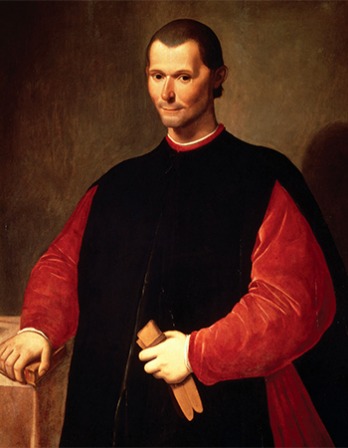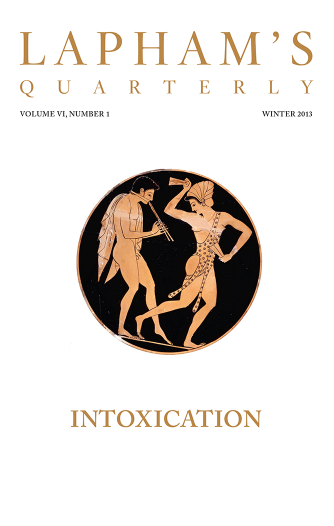In the course of the fifth year, the pestilence began, O my children. First there was a cough, then the blood was corrupted, and the urine became yellow. The number of deaths at this time was truly terrible. The chief Vakaki Ahmak died, and we ourselves were plunged in great darkness and great grief, our fathers and ancestors having contracted the plague, O my children.
On the day 1 Ah, there were one cycle and five years from the revolt, and the pestilence spread.
In this year the pestilence spread, and then died our ancestor Diego Juan. On the day 5 Ah, war was carried to Pantacat by our ancestor, and then began the spread of the pestilence. Truly, the number of deaths among the people was terrible, nor did the people escape from the pestilence.
Forty were seized with the sickness; then died our father and ancestor; on the day 14 Camey died the king Hunyg, your grandfather.
But two days afterward died our father, the counselor Balam, one of the ancients, O my children. The ancients and the fathers died alike, and the stench was such that men died of it alone. Then perished our fathers and ancestors. Half the people threw themselves into the ravines, and the dogs and foxes lived on the bodies of the men. The fear of death destroyed the old people, and the oldest son of the king died at the same time as his young brother. Thus did we become poor, O my children, and thus did we survive, but being a little child—and we were all that remained. Hence the putting aside of our claims.
From the Annals of the Kaqchikel. Spanning the creation of the world to the first decades of Spanish colonization, the only known manuscript of the chronicles of the Kaqchikel Maya was discovered in a Guatemala City monastery in 1844. Although the Aztec king Montezuma II had sent messengers warning of their arrival as early as 1510, Spanish conquistadors would not enter Kaqchikel territory until 1524. The epidemic described here, likely smallpox, may have originated on the islands of Hispaniola and Cuba. In 1559 the anonymous chronicler of this section wrote that “the pestilence which had formerly raged” had returned, “and as I was writing, we also were attacked with the disease.”
Back to Issue




